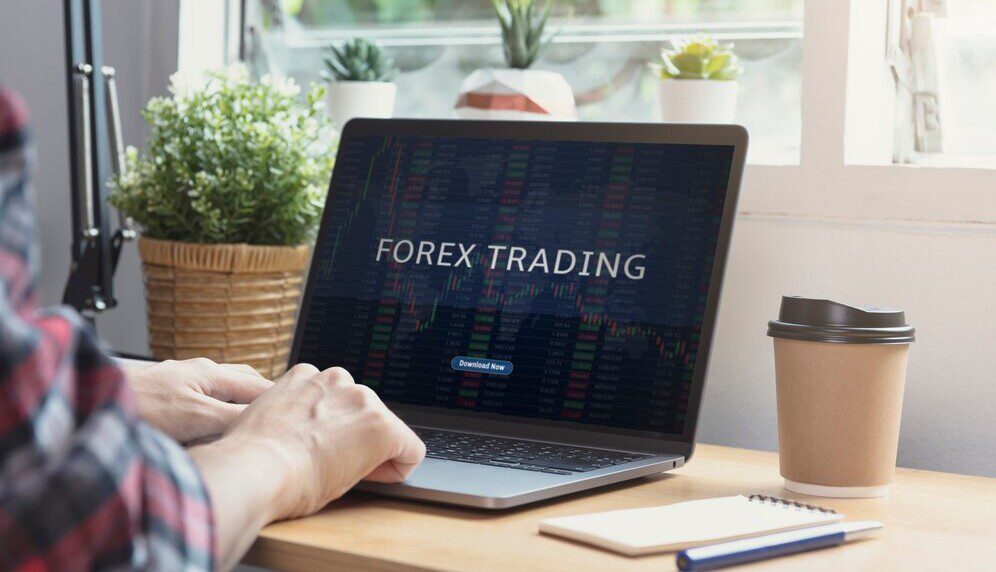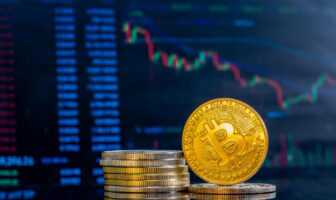
Forex trading, or foreign exchange trading, is the worldwide platform for trading currencies. It’s a decentralized market where currencies are exchanged, renowned as the largest and most fluid financial market globally. Having a grasp of the fundamentals of forex trading can unveil potential opportunities, but establishing a strong base is essential to begin, especially if you are trading on an extensive platform like metatrader 4.
What Is Forex Trading?
Forex trading involves exchanging currency pairs where one currency’s value is compared to another. For instance, in the EUR/USD pair, the euro is the main currency, and the US dollar is the secondary one. If you believe the euro will gain strength against the dollar, you will purchase the EUR/USD pair. Conversely, if you predict the opposite, you’d sell it.
How Does Forex Trading Work?
Forex trading operates around the clock, 5 days a week, owing to global time zone variations. Unlike stock markets, there’s no centralized exchange; instead, trading happens electronically over the counter. Primary financial hubs like New York, London, Tokyo, and Sydney are quite pivotal in driving most of the forex trading volume.
Key Participants In Forex Trading
The forex market is a worldwide, decentralized platform for trading currencies.
It involves diverse participants, each with distinct roles in buying, selling, and exchanging currencies. Let’s explore the three primary groups involved in the forex market in more detail.
Banks
1: Central Banks
These are a vital player in the forex market, responsible for setting monetary policies and regulating their country’s currency.
Central banks also intervene in the forex market to stabilize their currency or influence economic conditions.
2: Commercial Banks
Major financial institutions like Citibank, JP Morgan Chase, and HSBC have multifaceted involvement in the forex market.
They manage trades for a range of clients, from corporations to institutional investors and governments, while engaging in speculative trading to benefit from currency fluctuations.
3: Interbank Market
Banks trade currencies among themselves in what’s known as the interbank market.
They form the primary liquidity providers, facilitating large-scale forex transactions at the most competitive rates.
Financial Institutions
1: Hedge Funds
These are investment funds that aim to maximize returns by employing various strategies, including speculative trading in the forex market.
They often leverage sophisticated algorithms and extensive market analysis to identify and capitalize on currency movements.
3: Investment Firms
Asset management firms, pension funds, and insurance companies engage in the forex market to spread out their investments, mitigate risks, and seek profits through foreign currency investments as part of their portfolio diversification strategies.
3: Retail Traders
Retail traders like yourself have gained access to the forex market through online trading platforms offered by brokerage firms.
They speculate on currency pairs to make a profit based on their analysis of market trends, economic indicators, and geopolitical events.
Note: Each participant in the forex market brings a unique perspective, trading style, and level of influence. Their interactions collectively determine the market’s dynamics, liquidity, and price movements, making it one of the most actively traded and liquid markets globally.
Factors Influencing Forex Market Movements
Economic indicators such as GDP, employment figures, and inflation reports wield influence over currency valuation. Central bank policies, especially decisions concerning interest rates and monetary strategies, significantly impact currency values.
Geopolitical events, including political instability, elections, and tensions on the global stage, can lead to currency fluctuations. Additionally, market sentiment, driven by trader perceptions and expectations, remains a pivotal factor in currency value shifts.
Getting Started In Forex Trading
When it comes to beginning your journey in the world of forex trading, there are three things you need to focus on. Let’s keep reading to know more about them.
1. Educate Yourself
Before stepping into trading, it’s essential to grasp the foundational aspects.
This means understanding the workings of financial markets, what shapes them, and the diverse trading tools at your disposal.
Resources like books, online courses, seminars, and trusted financial websites offer valuable insights into market analysis, chart patterns, and effective trading strategies.
2. Choose A Reputable Broker
Selecting the right broker is pivotal.
Look for a brokerage firm that is regulated by a recognized authority to ensure safety and transparency. Check for a user-friendly trading platform that suits your preferences and offers tools for market analysis. Also, consider the fees, spreads, customer service, and the range of financial instruments available for trading.
3: Practice With A Demo Account
Many trustworthy brokers offer demo accounts, allowing you to practice trading without any real financial risk. This practical experience helps you become familiar with the trading platform, try out various strategies, and grasp how the market works.
It’s an extremely essential phase for boosting your confidence and honing your abilities before transitioning to actual trading with real money.
Additional Tips
Here are some additional tips that help you become a better forex trader than you are now. So, let’s learn more about them too.
- Risk Management: Set clear risk management strategies, including stop-loss orders and position sizing, to protect your capital.
- Keep Learning: Markets are dynamic, so continuous learning and staying updated with market trends and news are essential.
- Emotional Control: Emotions can heavily influence trading decisions. Maintain discipline and avoid making impulsive trades based on emotions like fear or greed.
- Remember, trading can be both rewarding and challenging. Patience, continuous learning, and a disciplined approach are key elements to succeed in the trading world.
Additionals




























